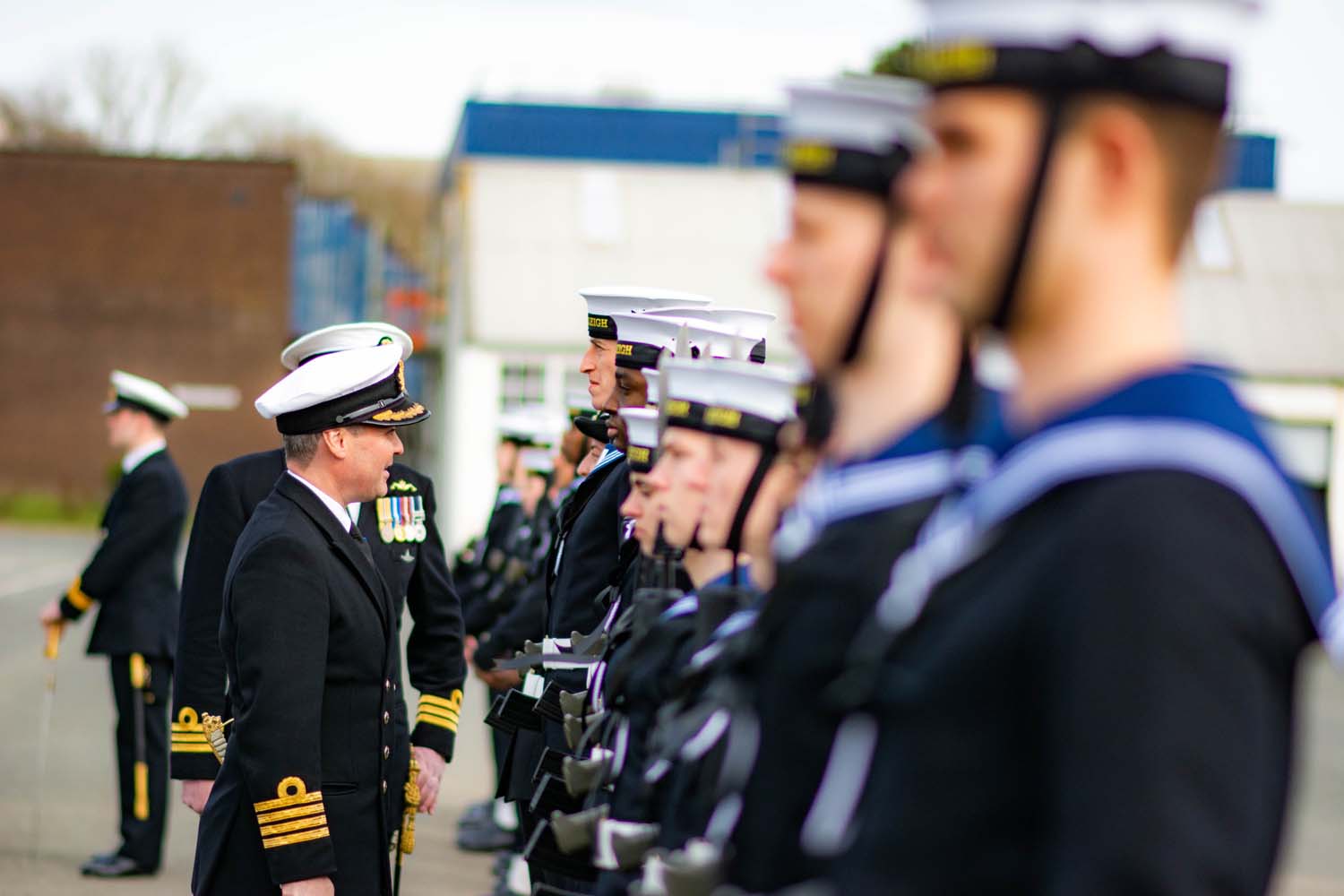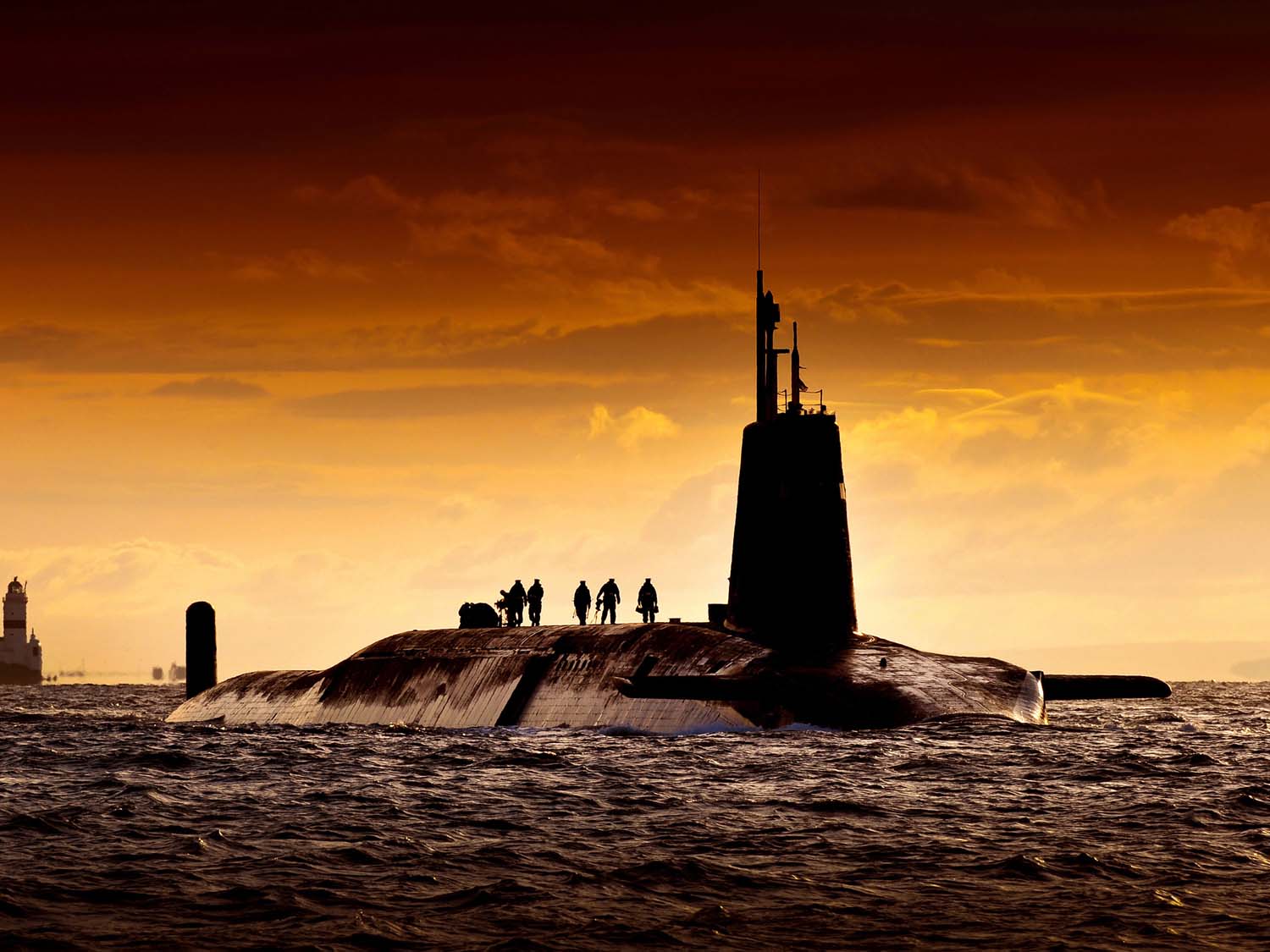Breaking news
British Royal Navy continues global operations and stands ready to help at home.
More than a dozen warships and submarines are today deployed on front-line operations from the snow-capped mountains of South Georgia to the humid tropics of South-east Asia, keeping the UK safe and the sea lanes open for trade to flow.
 Royal Navy stands ready to help (Picture source: British Royal Navy)
Royal Navy stands ready to help (Picture source: British Royal Navy)
At home Royal Navy and Royal Marines Reservists are being put on standby as part of the military’s response to the Coronavirus, while Royal Navy surgeons, GPs, nurses and medical specialists are already working side-by-side with their NHS colleagues in hospitals across the country – especially Derriford in Plymouth and Queen Alexandra in Portsmouth – to treat and look after those affected.
In these uncertain times, the men and women of the Royal Navy, Royal Marines and Royal Fleet Auxiliary – supported by their families, civilians and industry partners – are continuing to perform their regular duties:
Frigate HMS Argyll is steaming across the Mediterranean to take over from destroyer HMS Defender patrolling the Gulf and Indian Ocean; the latter returned to Portsmouth on Friday.
Argyll is due to be away for up to seven months, taking her place alongside five other Royal Navy warships – frigate HMS Montrose and minehunters Ledbury, Blyth, Shoreham and Brocklesby – plus their support and command ship RFA Cardigan Bay operating from Bahrain; well over 1,000 sailors and Royal Marines are committed to the UK’s Middle East mission.
New patrol ships HMS Forth and Medway continue their long-term missions – Forth reassuring Falkland Islanders and Britons in the South Atlantic, Medway doing the same for British and Commonwealth citizens in the Caribbean, as well as supporting the international fight against drug trafficking and remaining ready to provide humanitarian aid wherever it is needed.
Minehunter HMS Grimsby and frigate HMS Sutherland are supporting NATO’s work on patrol in the waters of northern Europe.
Survey ships HMS Scott and Enterprise are deployed to the Atlantic and Far East gathering data about the world’s oceans so we better understand them.
In home waters, frigates HMS Richmond and Lancaster are carrying out their post-refit trials and training.
And, as there has been continuously for the past 51 years, a Royal Navy submarine from Clyde Naval Base is carrying out the No.1 mission of UK defence: a nuclear deterrent patrol. It is safeguarded in its mission by, among others, Merlin helicopters from RNAS Culdrose in Cornwall and Royal Marines of 43 Commando at the submarine’s home.
Meanwhile, at HMS Raleigh in Torpoint, 42 men and women completed their ten-week conversion from civilian to sailor, passing out on Friday; today they move on to begin their specialist training as chefs, seamen, warfare or logistical experts, engineers, divers, medics and the like.
And at Lympstone in Devon, Britain’s newest green berets passed out and became fully-fledged Royal Marine Commandos after completing 32 weeks of the most gruelling and demanding basic training by any military personnel on the globe. Due to the virus situation, families watched the men of 284 Troop’s King’s Squad parade via the internet.
 HMS Vanguard (Picture source: British Royal Navy)
HMS Vanguard (Picture source: British Royal Navy)


























